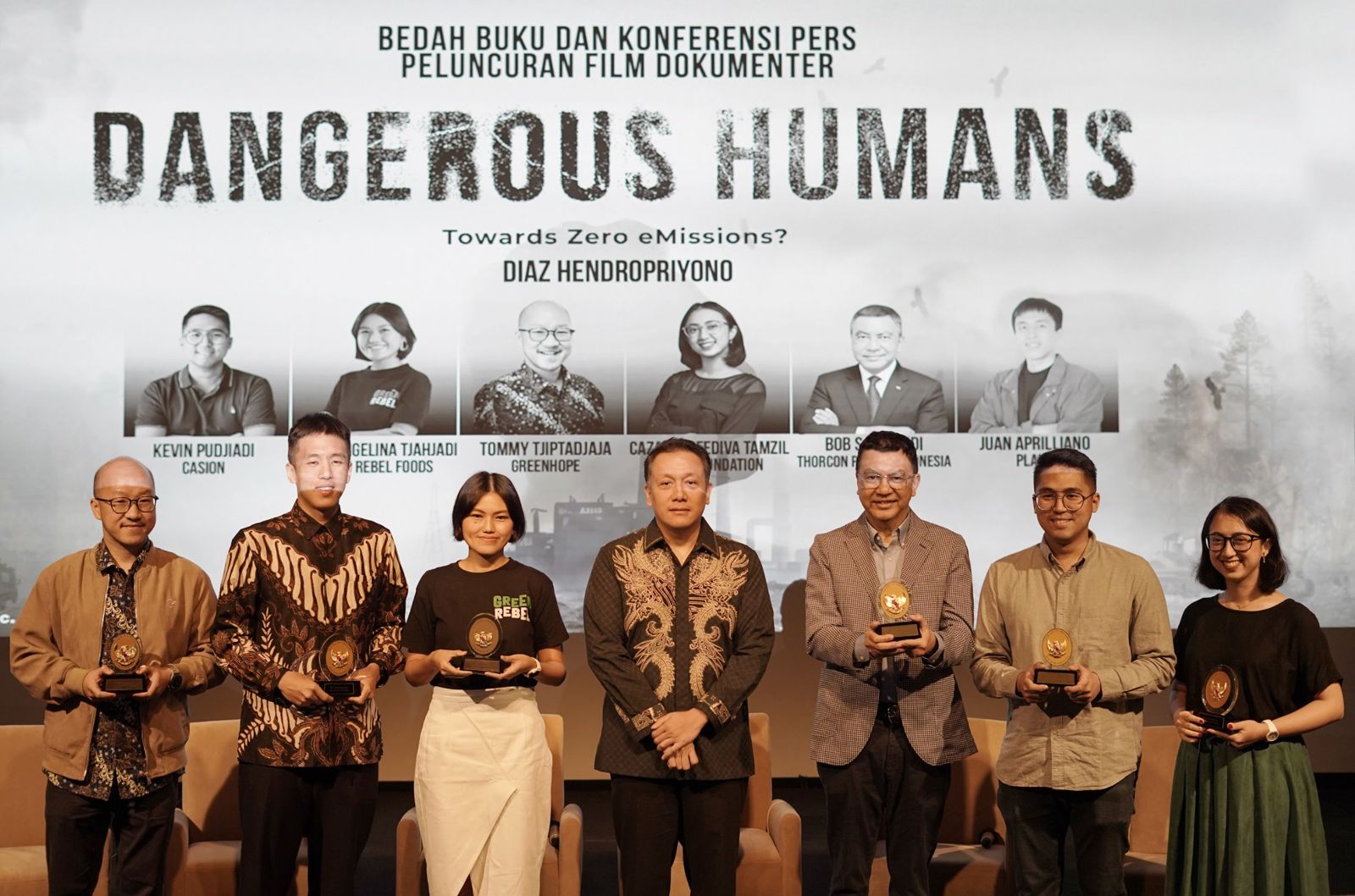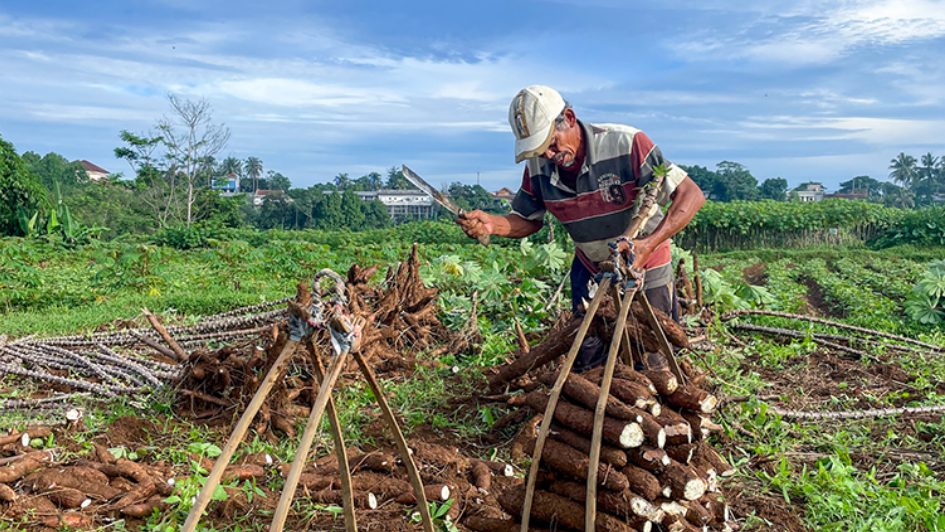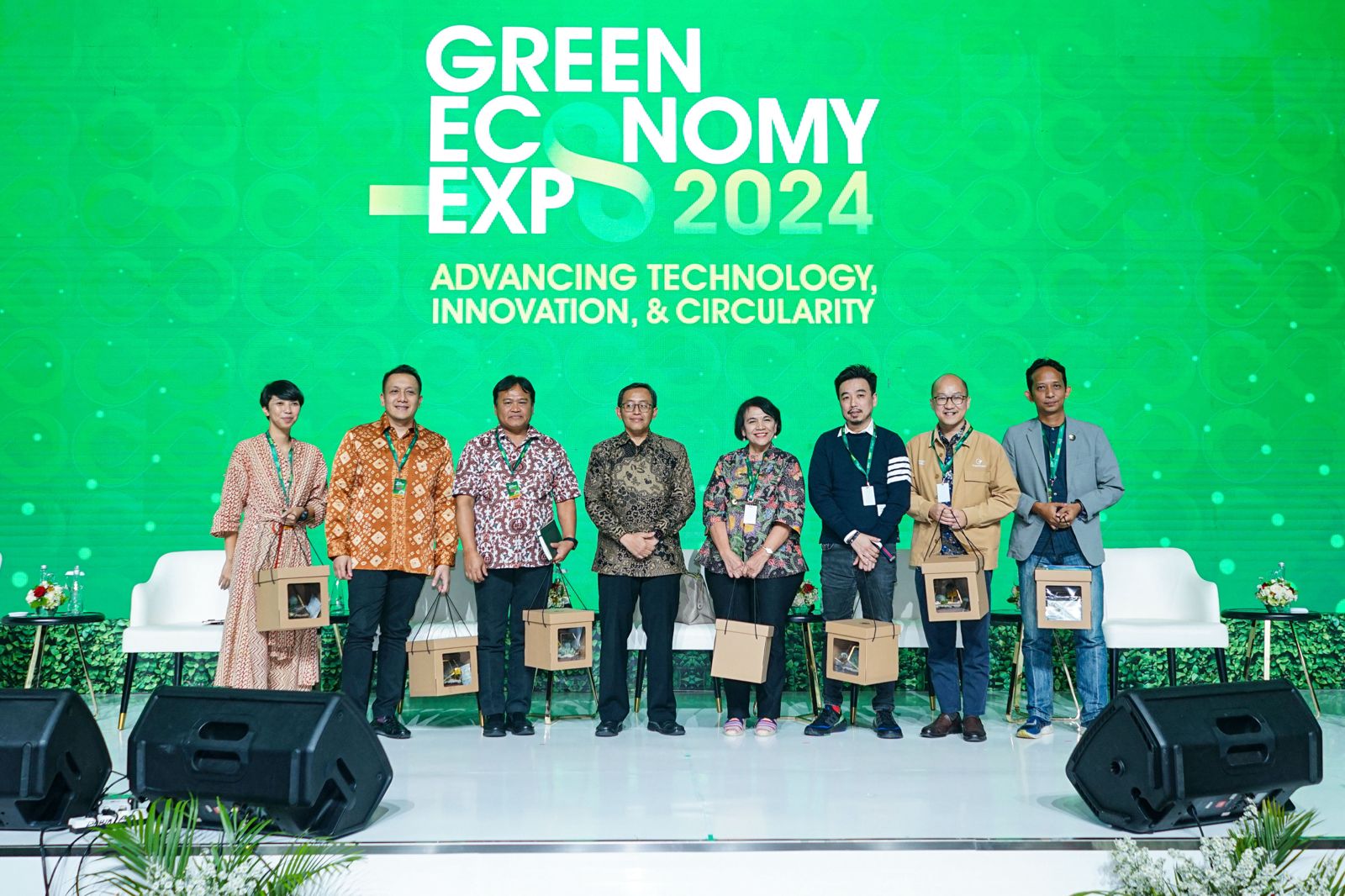Biodegradable Technology For Indonesia In Response To National Waste Awareness Day
Saturday, 20 February 2021Jakarta, 20 February 2021 - Each year on February 21, millions of people across Indonesia take part in National Waste Awareness Day. The day was first established in 2006 to commemorate the tragic landslide that happened exactly a year before in Leuwigajah Landfill, West Java. In 2005, following heavy rainfall and what scientists speculate may have been an explosion of methane, a landslide of waste occurred, burying two villages and killing 157 people. Today, the day raises awareness about waste management and sustainable consumption.
Since the tragedy, regulations on both national and regional levels were legalized to combat plastic wastes such as banning single-use plastics in Bali, DKI Jakarta, and other regions in Indonesia. In addition, various movements campaigning for the reduction of unsustainable consumption of single-use plastics started everywhere in the country. Although in reality there are challenges in implementing this regulation properly because many items of plastic packaging are irreplaceable and yet hard-to-recycle, such as sachet packaging, online food delivery carriers, even food bags Food packaging, for instance, protects food over long journeys, guarding it against pressure, humidity, light and the bacteria that accelerate rot. Since the launch of the first universal recycling symbol, only 14% of plastic packaging is collected globally for recycling. Current projections forecast more plastics in the ocean by weight than fish by 2050.
Biodegradable, The Solution Through Technology Innovation
While this is alarming, plastics don’t need to be pushed to the wayside. Instead, with innovation, plastics can be redesigned and conformed into the circular economy to foster growth, reduce waste and improve their environmental impact. Many of the innovations in the redesign are being done through a multi-pronged approach with bioplastics. The increased use of bioplastics is reducing landfill waste, using renewable feedstocks, and limiting the use of non-renewable resources to create products that perform just as well, if not better, than conventional plastics in many applications.
Greenhope as a bioplastic technology company understands the struggle in tackling the plastic waste issue, seeks to usher the next generation of plastics that solves the waste issues, through degradable technology as well as new plastic sources such as cassava. Its wide range of biodegradable products completes the holistic circular economy by addressing the hard-to-recycle items, the ones that are too small, too thin, distributed, mixed-up/ contaminated, the ones that are not economically viable or functional to reuse or recycle, the ones that are destined to the end of life (e.g. landfills).
Our theory of change 4R is to complete the 3R (the last R should address the much-needed end-of-life fate of the plastics after Reduce, Reuse, Recycle). That 4th R is Return to Earth through our biodegradable solutions. The award-winning Greenhope technologies, Oxium (an oxo-biodegradable additive that is non-toxic with no heavy metals), Ecoplas (bio-based plastic from cassava starch), and Naturloop (home and industrially compostable bioplastic), have gone through 10 years of research and development as well as 7 years of patent filing processes, resulting in the U.S., Singapore, and Indonesia patents.
Greenhope is known as the market leader in Indonesia and is already exporting the technologies (in a form of resin) as well as finished products (e.g. shopping bags, garbage bags, food containers, cups) to more than 12 countries in Southeast Asia and all the way to the United States.
At Greenhope, we believe there is no room for the individual ego as the problem is too complicated and massive to be solved by any one solution alone. We actively seek like-vision partners to together achieve our mission for a better earth and prosperous societies.



